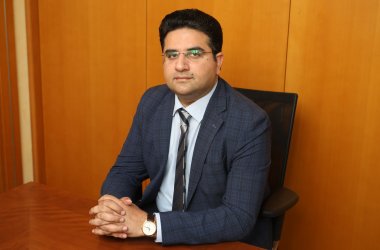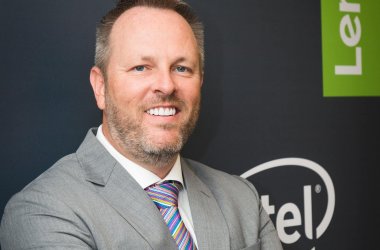Although SonicWall has a global policy of only selling through the channel, its introduction of a ‘direct touch’ model should not be seen as changing that, insists newly appointed EMEA VP, Andy Zollo.
What will be your channel focus this year in EMEA?
First of all, SonicWall has this as the fastest region we have so that’s why we’ll put in investment. For instance, we’re just starting a technical resource in Saudi which will be starting any time now. We’re also looking for a direct touch because, as we expand into the enterprise market, we need more of that customer touch ourselves and that should then deliver more opportunity to the channel. It’s all about getting a balance. On the overall partner landscape, we need to balance working with distributors to improve our market base – and they’re typically those who adopt the SMB range of products – then for the enterprise there will be fewer partners, typically gold and silver, where our guys will also be involved in the account management of these partners and then outside of that, as we grow the direct touch business, that will identify partners we should be speaking to. We have a very clerar global two tier policy, everything goes through channel – so even as we deploy direct touch, the channel can be reassured that everything goes through distribution.
And investment?
Clearly, technical resource. As we train people up, quite naturally they want more of our technical input. Also when the channel needs help in an engagement, typically its a technical rather than a sales person they want along with them. That’s our priority now.
Which territories will recive more technical support?
Saudi is the priority – we have an offer out already. Then the UAE.
Can there not be a conflict of interest with a direct touch model?
Oh yes, we always have to use the term carefully. The impression always is, ‘Oh no, they’re going direct!’ The difference however when you’re moving from SMB to enterprise is that, at the enterprise level, the customer expects to see the manufacturer. That’s a cost of getting into that market, we recognise that. The direct touch guys kind of work in three areas. Firstly, assistance of channel – going out with resellers to end-users to help the sale and that becomes an education process in that the more they do that, the more the sales guy picks up what we’re doing and away he goes. Next, growing the installed base business. Or should we pick some vertical markets where we become the experts in that market? When we identify them and research them, we can then support our channel – these are the decision makers, these are the buying patterns, these are the sales triggers and so on.
What solutions do you see as priorities for the market this year?
We’ll continue to push UTM – we’ve added visualisation recently which makes it a lot easier for management to see what’s happening on the network. Relating it to granularity – we want you to use Twitter for business but not Farmville, for instance – is a very appealing message because of productivity issues. We’ve also scaled to the carrier level. Then, on the SMB side, we’ve revamped our back-up/disaster recovery products which should make it easy for the channel to go and get MSP type of business. If we can make something easy for the channel to sell, they’ll sell lots of it; if we make it too difficult, then they’ll tend to shy away.
Are you encouraging your partners to sell consultancy services on top of the technology?
Absolutely. The channel owns the relationship with the customers and maybe 50% of a lifetime revenue with a customer comes from services.
What’s the most important thing you do for your channel?
The thing we always focus on with our partners is training. Whilst we have a strong market condition, there’s still a large market out there.
We’re seeing a lot of vendors encouraging their partners to specialise. Is that something you do?
We leave it up to them.
“The majority of our business is UTM and the nature of that is that you add more and more functionality to the device, so there’s always diversification.”





